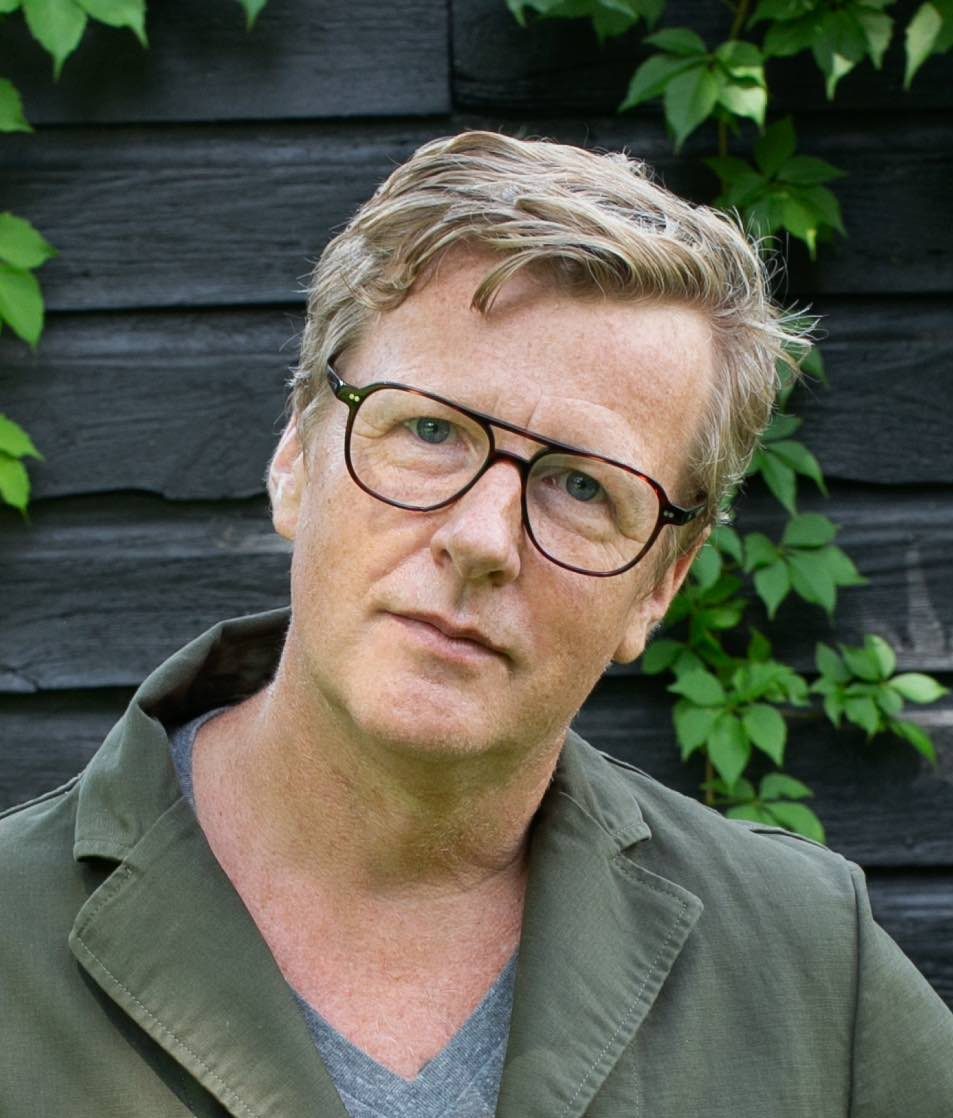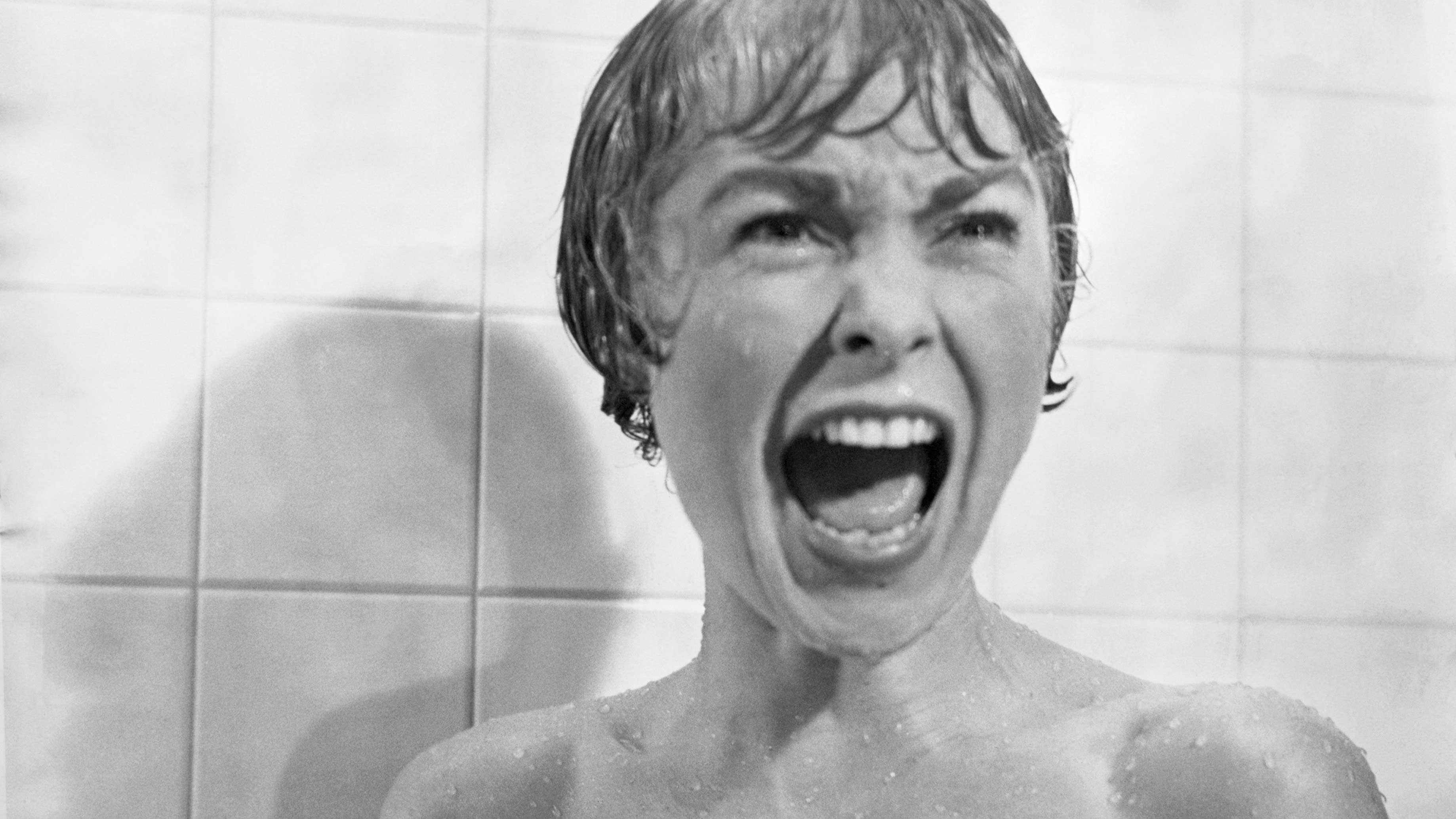WARNING: THIS CONTENT MAY DIFFUSE TRIGGERS
I was recently speaking with a close friend about her specific triggers and how this year has been especially hard for her. And although I empathize with her situation, the problem was that this close friend also happens to be one of the most resilient, strongest, and accomplished women I know. If she was struggling, then what hope was there for the rest of us.
Many of us are going through a collective triggering experience right now. Moreover, entering our family holidays and social situations off the back of a year filled with racial tensions, a raging pandemic, and an incredibly divisive presidential election feels almost like a triggering perfect storm. So, what can we do about this?
Early in the pandemic, a lifelong friend who came over to our farm upstate. I suggested that we stay socially distanced and he replied, “You really are the most scared person I know.” I was furiously triggered. As a gay man growing up in the ’80s, being tested weekly, and learning very early on that the words “trust me” was in fact a death threat, being “scared” just felt like being smart. And so, at that moment in our conversation, I did something very simple…I paused. I paused for one breath in and one breath out, thanked him for the wine, and led him to the socially distanced chairs on our lawn. Of course, this didn’t magically take the sting out of his comments. But it did allow me to at least enjoy the rest of our time together. More importantly, it gave me space to reflect on his comments when I was in a calmer and more detached place.
I brought this idea of pausing up with psychoanalyst Barbara Callahan. We were discussing how the uncertainty around the elections was creating a sense of anxiety that often leads us to feeling vulnerable and short-tempered. I found her reply illuminating;
“A lot of my work with clients deals with the two hemispheres of the brain. I talk to them about how we are socialized to work out of our left brain. […] but that what’s necessary and important is that we’re able to get into the right brain where spontaneous healing takes place. And oftentimes a quick moment of silence is all you need to get you there. […] For example, I posted a tiny thing today on Facebook about education being the solution to the problems we are facing. Someone on my feed wrote me back. It was a big missive about how wrong I was. Instead of responding right away I sat down and did my meditation and afterward I knew I needed to go back to her with empathy and compassion and a sense of solidarity with her.”
I have come to find Barbara’s insights here to be equally applicable in corporate contexts as well. I was once advising an interim CEO in the midst of a company crisis. We had assembled a board meeting and it quickly became clear that we were all anxious to make decisions way faster than they needed to be made. We were debating plans a year out when all we had to do was get through the week. I interrupted—also a kind of pause—and told them my favorite adage from former Greek Prime Minister George Papandreou. When asked about the Greek Debt Crisis he said simply, “If we had just taken a breath and slowed down there wouldn’t have been a crisis at all.” The tone in the entire room shifted after that. The board paused and stepped back for a second. It was exactly the “right-brain” communication moment we needed.
Does that kind of pause work for all triggering content? In the case of my friend who insisted on calling up my “scaredness” every time we talked or saw each other, eventually, I chose a long pause and we decided to take an extended break from our friendship. I suspect in the long run that our relationship will be better for it.
But what about my accomplished, super resilient, uber accomplished friend? Would taking a breath and stepping back have helped her? Clearly there are times where a pause may be inappropriate or ill-suited to the moment. Stressful moments where we are called into action. Or simply times when a pause just isn’t enough. But it’s difficult to think of an instance where it isn’t at least a tiny bit helpful. Where it’s not at least helping to keep us from indulging in our most reactive impulses. Pausing bridges, the two hemispheres of the brain into greater communion and at least gives us a chance at getting ourselves into a place where spontaneous healing can occur.
This year has been filled with uncertainty, anxiety, and triggering for so many of us. Sure, pausing may not be the solution to all of that, but it might just be the best first step.


